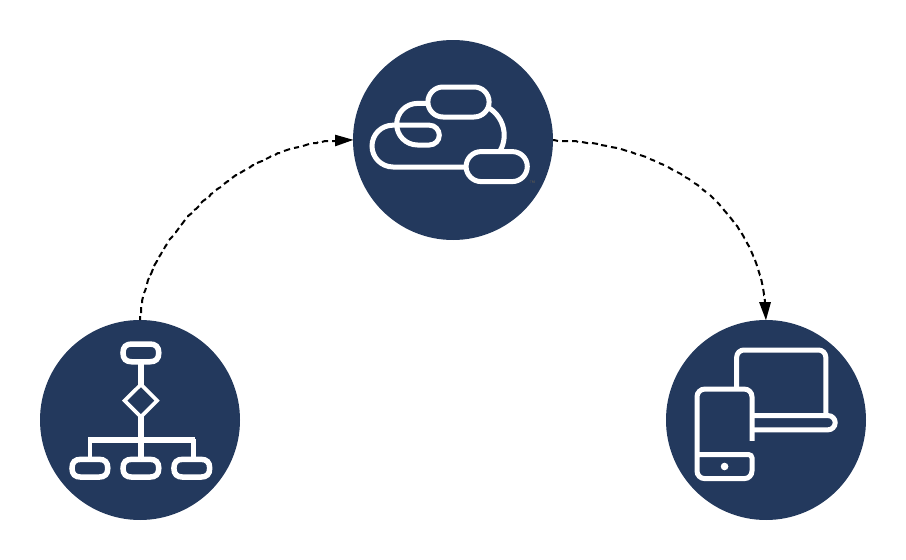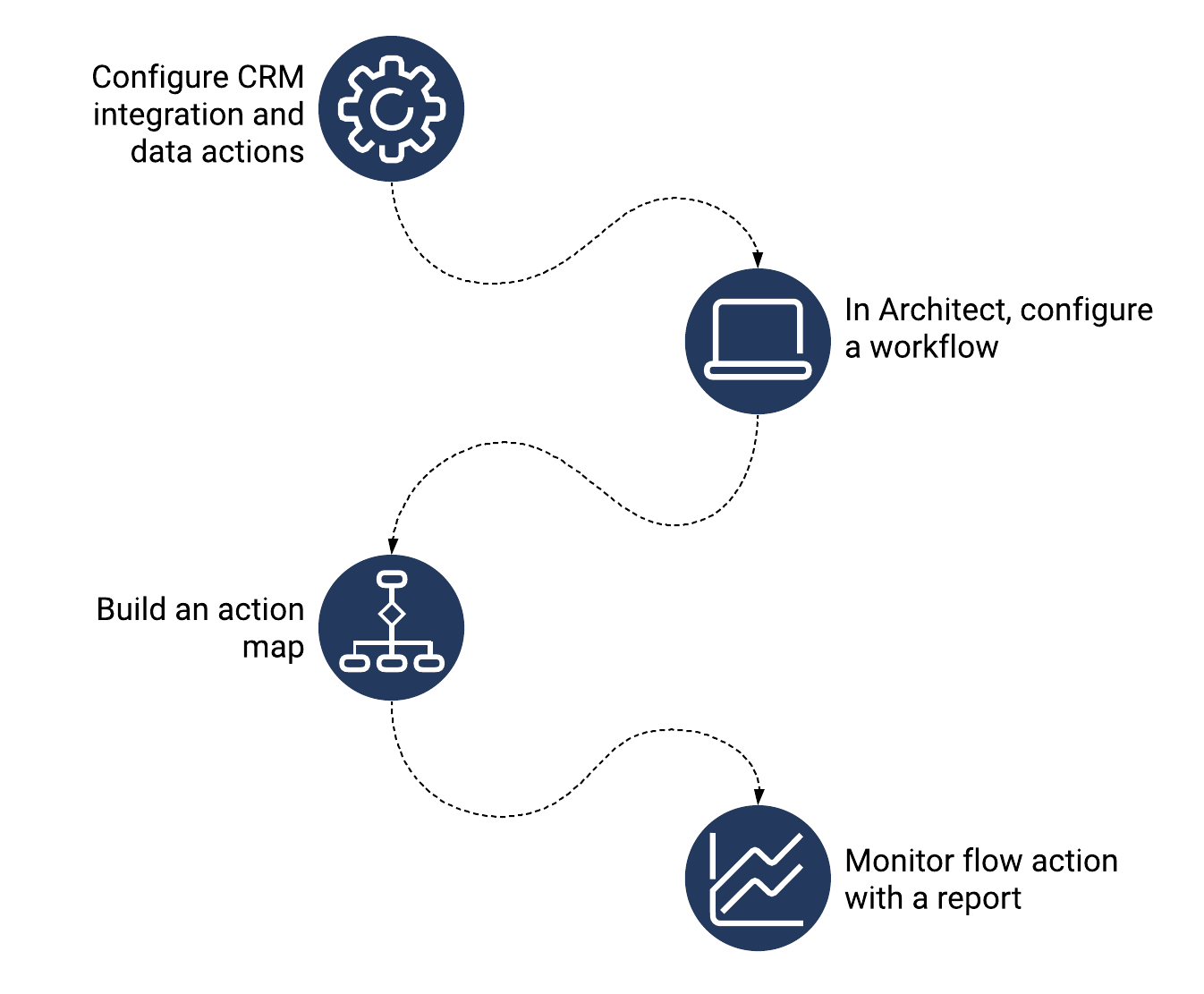Difference between revisions of "ATC/Current/AdminGuide/OverviewArchFlows"
From Genesys Documentation
Harleyvibes (talk | contribs) (Published) |
Harleyvibes (talk | contribs) (Published) |
||
| Line 1: | Line 1: | ||
{{Article | {{Article | ||
|Standalone=No | |Standalone=No | ||
| − | |DisplayName=Overview | + | |DisplayName=Third-party integrations Overview |
| − | |TocName=Overview | + | |TocName=Third-party integrations Overview |
|Context=Learn how to integrate {{MINTYDOCSPRODUCT}} with an external system by using an Architect workflow, which is a webhook that provides real-time feeds. | |Context=Learn how to integrate {{MINTYDOCSPRODUCT}} with an external system by using an Architect workflow, which is a webhook that provides real-time feeds. | ||
|ComingSoon=No | |ComingSoon=No | ||
Revision as of 16:03, October 12, 2020
This topic is part of the manual Genesys Predictive Engagement Administrator's Guide for version Current of Genesys Predictive Engagement.
Contents
Learn how to integrate Genesys Predictive Engagement with an external system by using an Architect workflow, which is a webhook that provides real-time feeds.
Feature description
Use an Architect flow action to send journey context data information to third-party systems using a special type of Architect workflow. For example, you can send information about campaign contacts to Salesforce or another CRM.
For information about using Architect flow actions in a secure and compliant manner, see About security and compliance.Process overview
- In the Genesys Cloud Admin menu, configure an integration to your CRM and corresponding data actions.
- In Genesys Cloud Architect, configure a workflow.
- In Genesys Predictive Engagement, build an action map that uses an Architect flow action.
- Monitor your Architect flow action with a report.
For specific integrations, see the following:
Comments or questions about this documentation? Contact us for support!


